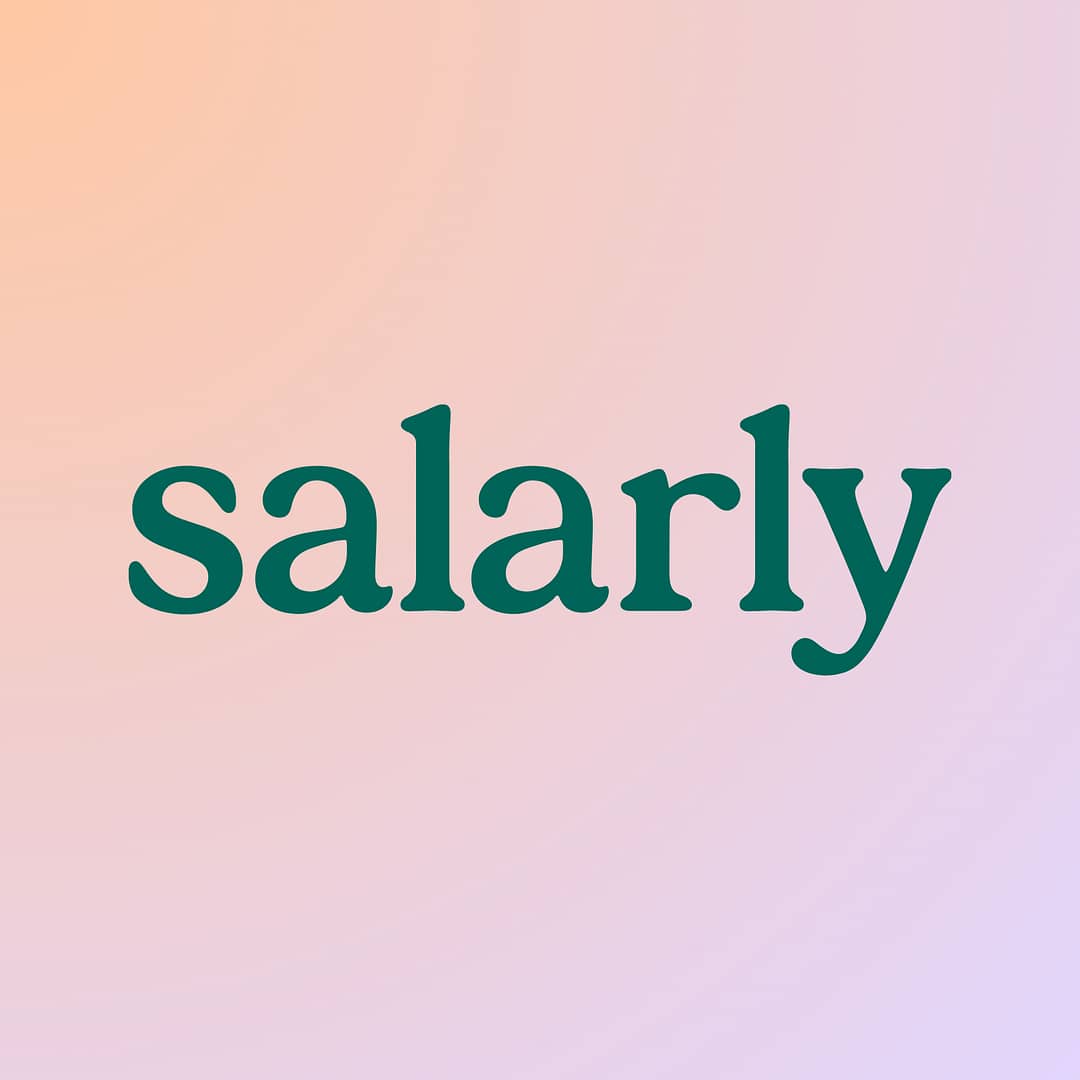Nursing is a profession built on compassion, resilience, and unpredictability. Whether you’re working back-to-back shifts, responding to emergencies, or caring for patient needs, you know how quickly things can change. But it’s not just the job that’s unpredictable, life is too. That’s why this article will help you have a solid understanding of how to build an emergency fund, based on your needs.
According to Bankrate’s 2025 Annual Emergency Savings Report, more than 1 in 3 Americans had to use their emergency savings in the past year, with 80% of them using it for essentials such as unexpected expenses, monthly bills, or day-to-day costs. Life’s financial curveballs don’t wait for a good time to hit. And when they do, the last thing any nurse should worry about is how to pay for it. That’s why emergency funds are not just a nice-to-have, they’re a necessity. Think of it as the financial equivalent of PPE: it may not be used every day, but when you need it, it can make all the difference.
What Are Emergency Funds and Why Do Nurses Need Them?
An emergency fund is a dedicated amount of money reserved for unexpected expenses—costs that aren’t part of your day-to-day budget and can’t be pushed to the next paycheck. These might include:
- Medical bills that exceed your insurance coverage
- Emergency car repairs on the way to a shift
- Sudden job loss or reduced hours due to unit closures or hospital restructuring
- Urgent home repairs, like a broken water heater or HVAC failure
- Family emergencies, such as last-minute travel for a loved one
While many people assume nurses have “secure jobs,” the reality is more complex. Budget cuts, floating between units, and personal life disruptions can all affect income. Having emergency funds ensures that when life happens, you have a buffer that lets you stay focused on what matters most—your patients and your well-being.
So Many Nurses Rely on Overtime
For many nurses, overtime isn’t just occasional, it’s a financial necessity. Whether it’s taking on extra shifts, staying late to finish charting, or picking up weekend hours, this added time often becomes a big part of a nurse’s financial stability. However, it is common for hospitals to reduce shifts. Census fluctuates. Units consolidate. One illness or family emergency could suddenly prevent you from picking up those critical hours. And if you’re relying on overtime pay to cover rent, bills, or debt payments, one missed week can spiral into financial stress.
This is exactly where emergency funds come in. They serve as a bridge when your paycheck suddenly shrinks. Instead of falling behind on bills or relying on high-interest credit cards, your savings can help keep you afloat.
How Much Should Nurses Save in Emergency Funds?
The general recommendation for emergency savings is to cover three to six months of essential expenses. That means rent or mortgage payments, utilities, groceries, transportation, and health insurance.
But for nurses, it’s smart to aim on the higher side, six months or more, especially if:
- Your income varies with overtime, per diem work, or shift changes
- You’re the primary or sole income earner in your household
- You have dependents or higher-than-average living costs
Not sure where to start?
Don’t get overwhelmed. To start your emergency fund as a nurse, your first goal can be to save $500 to $1,000—enough to cover the most common emergencies like a car battery replacement or a last-minute vet bill. After that, work toward a more robust cushion. Small steps lead to long-term security.
Where Should You Keep Your Emergency Funds?
Your emergency fund should be separate from your daily checking account to avoid the temptation to dip into it. However, it also needs to be easily accessible—this isn’t money to lock away in a retirement fund or investment account.
The best options include:
- High-yield savings accounts with no withdrawal penalties
- Online savings accounts that are out of sight but still within reach
- Dedicated sub-accounts within your bank app (many let you label goals)
Avoid keeping emergency money in checking accounts where you handle regular bills or spending—it’s too easy to blur the lines and spend it.
How Can Nurses Build Emergency Funds—Even on a Tight Budget
Between student loans, living expenses, and irregular hours, saving money can feel impossible. But building emergency funds doesn’t have to happen overnight. Here’s how to start, one step at a time:
1. Assess Your Monthly Essentials
Calculate how much you need each month to cover must-haves: rent, groceries, transportation, health insurance, utilities, and minimum debt payments. This gives you a savings target and helps clarify what your fund is protecting.
2. Set a Starter Goal
Start with $500. It’s manageable and powerful—many urgent expenses fall in this range. Once you hit that, aim for $1,000. Eventually, work toward your full three to six months of expenses.
3. Automate Your Savings
Use your bank or payroll system to set up automatic transfers after each paycheck—even $10 a week adds up. If your income varies, consider automating based on a percentage of each paycheck instead of a flat amount.
4. Trim Non-Essentials
Even small changes can add up. Brew your coffee instead of buying it. Cancel a streaming subscription you don’t use. Redirect what you save into your emergency fund.
5. Use Bonuses or Overtime Wisely
Got a bonus, extra shift pay, or tax refund? Instead of splurging, allocate a portion to your fund. Even setting aside 30% of a windfall can give you a big boost.
6. Look for Financial Resources for Nurses
We recognize saving is not as easy as it sounds! That’s why it is important for nurses to know the resources available for them. Salarly was built specifically for healthcare professionals like you. If you’re a licensed nurse with an NPI number, you could qualify to borrow up to $15,000. The process is completely online and takes just minutes to apply.
What makes it different? It’s payroll linked—so once you’re approved, your repayments are automatically deducted from your paycheck. That means no missed payments, no surprise fees, and no stress trying to remember due dates.
You can use the funds to kickstart or strengthen your emergency fund, giving you a financial cushion while you continue saving over time. Whether you’re covering a sudden expense or building peace of mind for the future, Salarly is here to help—one paycheck at a time.
Check your eligibility here and apply now!
Debunking Emergency Fund Myths – Especially for Nurses
“I have a credit card. I’ll just use that in an emergency.”
Truth: High-interest credit cards can trap you in debt, especially if you’re already carrying a balance. Emergency funds offer protection without added stress.
“I don’t earn enough to save.”
Truth: Many nurses feel stretched thin, but even small, regular contributions matter. $10 a week is over $500 a year—and that’s a solid emergency fund starter.
“My job is secure, so I’m not worried.”
Truth: No job is 100% secure. Plus, emergencies aren’t always job-related—they can be health issues, family emergencies, or sudden expenses you didn’t see coming.
The Peace of Mind Every Nurse Deserves
Caring for others is your job—but caring for your own future is just as important. Building emergency funds isn’t just about avoiding debt—it’s about confidence. When you know you have a cushion to fall back on, you can focus more fully on your work, your patients, and your life.
At Salarly, we know that even the most prepared nurse sometimes needs support. Salarly offers fair, payroll linked loans designed for nurses. Whether you’re just starting to save or facing an urgent expense, we’re here with transparent financial solutions that help you stay afloat and stay focused. Our payroll linked loans are designed with nurses in mind—making repayment easy and stress-free, aligned with your pay schedule. Our loans are tailored for each applicant, making sure your repayments are tied to your paycheck schedule – because our goal is to help you on your financial wellness journey!
FAQs: Emergency Funds for Nurses
How much should I keep in my emergency fund?
A good starting point for an emergency fund is $500 to $1,000. Ideally, aim for three to six months’ worth of expenses over time.
What should I do if I don’t have enough income to save?
If you don’t have enough money to save, start small! $10 per week adds up over time. Consider automating savings and cutting unnecessary expenses. Also, look for financial wellness tools, such as Salarly, to give you extra breathing room.
How can Salarly help if I don’t have an emergency fund yet?
Salarly provides streamlined financial solutions, offering an alternative to payday loans when you need quick access to cash. You can use Salarly to consolidate any outstanding debt and start saving over time.











